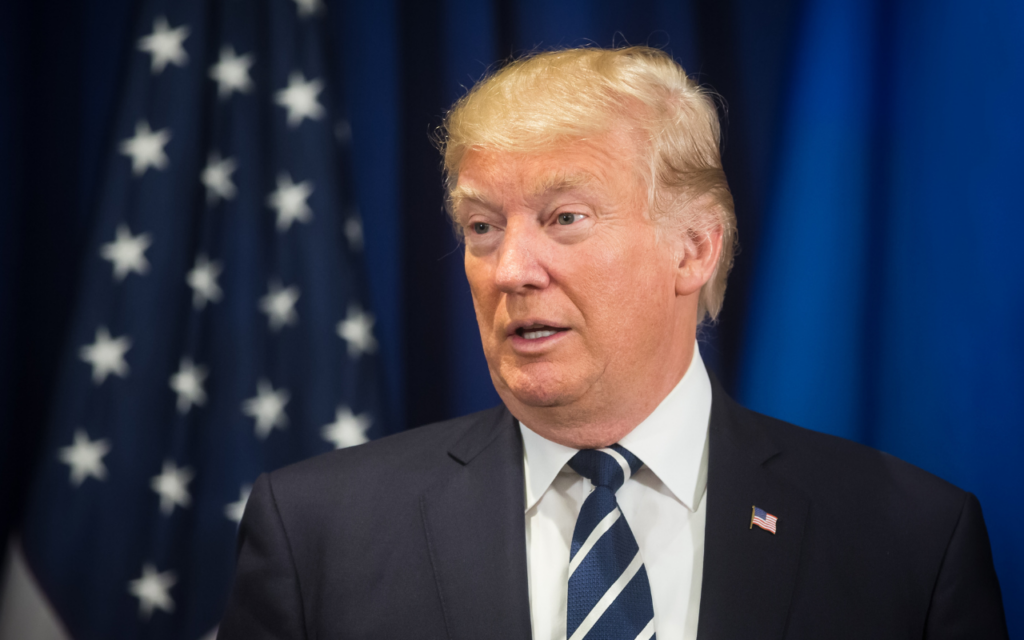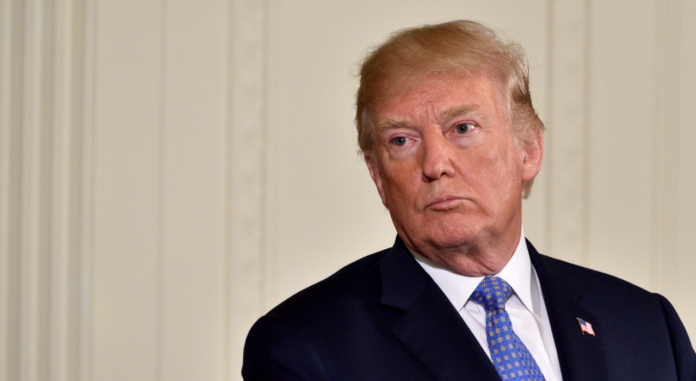The following is a comprehensive inquiry into the actions of Former President Donald Trump and his associates that has been ongoing in Fulton County, Georgia. The investigation, spanning more than two and a half years, has led to the indictment of Trump and 18 allies on charges encompassing election fraud, racketeering, and related offenses. This marks Trump’s fourth indictment since April.
The following timeline highlights important events throughout this investigation:
2020
- November 3: Presidential Election Day. Democratic candidate Joe Biden prevails over incumbent Republican President Donald Trump, securing victory in Georgia, a state that hadn’t supported a Democrat in a presidential race since 1992.
- November 6: Trump asserts via Twitter the presence of “missing military ballots” in Georgia, asserting his own win.
- November 12: Republican Georgia Secretary of State Brad Raffensperger declares no substantiated evidence of voter fraud within the state.
- November 13: Republican Senator Lindsey Graham contacts Raffensperger, generating speculation about potential interference with mail-in ballots. Graham denies any request to discard votes.
- November 20: Raffensperger and Georgia Governor Brian Kemp validate election results.
- November 25: Trump supporters initiate a lawsuit implicating Kemp in extensive election fraud linked to a voting machine company.
- November 26: Trump labels Raffensperger an “enemy of the people.”
- December 1: Georgia election official Gabriel Sterling urges Trump to accept defeat, expressing concern about the potential for violence resulting from his rhetoric.
- December 3: A hearing on “election integrity” takes place in Georgia’s state Senate, featuring Trump’s legal advisors Rudy Giuliani and John Eastman. Giuliani endorses unfounded conspiracy theories while Eastman suggests alternative electors supporting Trump.
- December 5: Trump pressures Kemp via phone call to initiate a special session and audit mail-in ballots, a demand Kemp doesn’t fulfill.
- December 6: An alternative strategy to overturn the election, involving the appointment of Trump-supporting electors, is proposed by Trump-associated attorney Kenneth Chesebro.
- December 7: Lawsuit against Kemp is dismissed.
- December 8: Trump contacts Georgia Attorney General Christopher Carr, who reports an absence of evidence to support claims of fraud.
- December 9: A memo shared among Trump allies outlines instructions for alternate electors to mimic legitimate ones.
- December 10: Giuliani testifies about perceived election irregularities before a Georgia House committee.
- December 14: Electoral College members affirm Biden’s victory, with Georgia’s electors backing Biden.
- December 15: Justice Department officials counter Giuliani’s claims during a White House meeting.
- December 23: Trump pressures investigator Frances Watson to find evidence of fraud.
- December 30: Giuliani addresses a Georgia Senate subcommittee with misinformation.
2021
- January 1: Fani Willis becomes Fulton County District Attorney.
- January 2: A recorded call reveals Trump’s request to Raffensperger to “find 11,780 votes” to overturn the election outcome.
- January 6: Trump and allies incite falsehoods about election results during a D.C. rally, preceding a violent attack on the U.S. Capitol.
- January 7: Surveillance captures a Republican official potentially facilitating access to voting systems.
- January 18: Another Republican official grants data experts access to the office.
- February 11: Willis urges Kemp, Raffensperger, and Carr to preserve records linked to Trump’s January 2 phone call.
2022
- January 20: Willis seeks a special purpose grand jury’s assistance, due to witnesses’ non-cooperation.
- January 30: Willis requests FBI involvement to assess courthouse security.
- May 2: The grand jury interviews witnesses and reviews documents, though lacks indictment power.
- June 2: Raffensperger testifies before the grand jury.
- June 29: Grand jury subpoenas Hice.
- July 6: Willis compels testimony from key figures including Giuliani, Graham, Eastman, and Chesebro.
- August 15: Giuliani’s lawyer discloses that Fulton County prosecutors consider Giuliani a target.
- November 22: Graham testifies before the grand jury.

2023
- January 9: The grand jury concludes its work and submits findings.
- January 24: Willis declines to release the report.
- February 16: A partial report reveals no “widespread fraud,” but hints at perjury among witnesses.
- March 20: Trump’s attorneys contest the report and Willis’ role.
- May 5: Immunity deals accepted by eight alternate electors are revealed.
- May 18: Willis indicates potential indictments between July 31 and August 18.
- July 31: Trump’s attempts to quash the report and remove Willis are denied.
- August 14: Grand jury witnesses Duncan and Chidi are called earlier than expected.
- August 14 (Late Evening): Donald Trump and 18 associates are indicted on charges linked to efforts to overturn the 2020 election, including election fraud and racketeering.


